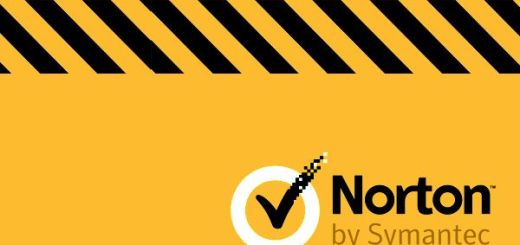What is a Creative Commons License and why you should use one
According to Canadian Copyright Law, any piece of writing you produce, any photo you take, or any image or video you create becomes copyrighted to you automatically. No formal copyright notice or a © is required, although it does help to include one. Neither are you required to submit a formal claim of copyright to a state agency.
The purpose of the Copyright Act is to protect the intellectual property of the Copyright holder. The Copyright Act also has a “Fair Dealing” clause that allows limited reproduction of copyrighted work, provided that the reproduction does not border on infringement. This “Fair Dealing” provision is situation-specific and technically difficult to enforce.
With the rise of digital media and the Internet, reproducing copyrighted material has become stupendously easy. A photo posted on Facebook can find its way all across the Internet. A video posted on YouTube may spur several remixes when it gets popular. A well written blog post may be extensively quoted by other bloggers, sometimes in its entirety.
The creators of such digital content generally frown on any kind of reproduction whatsoever as it can open the possibility of copyright abuse. On the other side, those that seek to reproduce copyrighted digital content clamour around the Fair Dealing clause, sometimes stretching it into a wormhole when their purposes go beyond “Fair Dealing.”
If you create digital content, and if you acknowledge (and maybe appreciate) the easily reproducible nature of digital media, you can modify your traditional copyright to be less adversarial towards those who will share your content by using a Creative Commons License. There are several reasons why you may want to use this tool.
-
Outlining the rules for reproducing your content can give your content more exposure. This can be critical to if your profession depends upon exposure of your content, such as the profession of photography and blogging. Google® Image Search and Flickr® have the ability to restrict searches to content that is licensed under Creative Commons. This gives people immediate access to content that they can readily incorporate into their work.
-
Being vague about the rules for reproducing your content can scare people from making “Fair Use” of it. People may assume that you intend to bring down the hammer of the Copyright Law on any kind of use, and may avoid your content altogether. It is not prudent to assume that most people have the time to email you for clarification.
-
Setting out the rules for reproducing your content under a Creative Commons License can inhibit misuse of your content in some situations. While a Creative Commons License does not override the Fair Dealing provision of the Copyright Act, it makes your specifics clear for those intending to use your content. For example, if you use a Creative Commons license that prohibits commercial reproduction and reproduction without attribution to your name, those that intend to use your content will have clear guidelines to go by.
A Creative Commons License can be applied to almost all kinds of digital content, and even software code! But for the sake of example, we will assume that we intend to use a Creative Commons License on a digital image that accompanies a blog post.
The Creative Commons website gives us a tool that allows us to generate a snippet of code that can be placed in the blog post. You get to choose a number of variables that make up the license. Specifically, you get to choose
- Whether or not you allow commercial reproduction
- Whether or not you allow others to make derivative works
- Whether or not you demand an identical Creative Commons License for work created through reproducing or modifying your work (if you chose to allow so)
You can choose from a combination of these factors to create a license that fits your needs. And you can always create a new one for new situations. Regardless of which Creative Commons License you create, use of a Creative Commons license implies that you wholeheartedly allow reproduction for non-commercial purposes. All Creative Commons Licenses insist on attribution to the original author though. Though there is a special Creative Commons License called CC0 that allows you to waive all your rights, should the rare need arise.
A Creative Commons license reduces the anxiety associated with sharing, allowing you to share your digital content online while protecting your rights.




